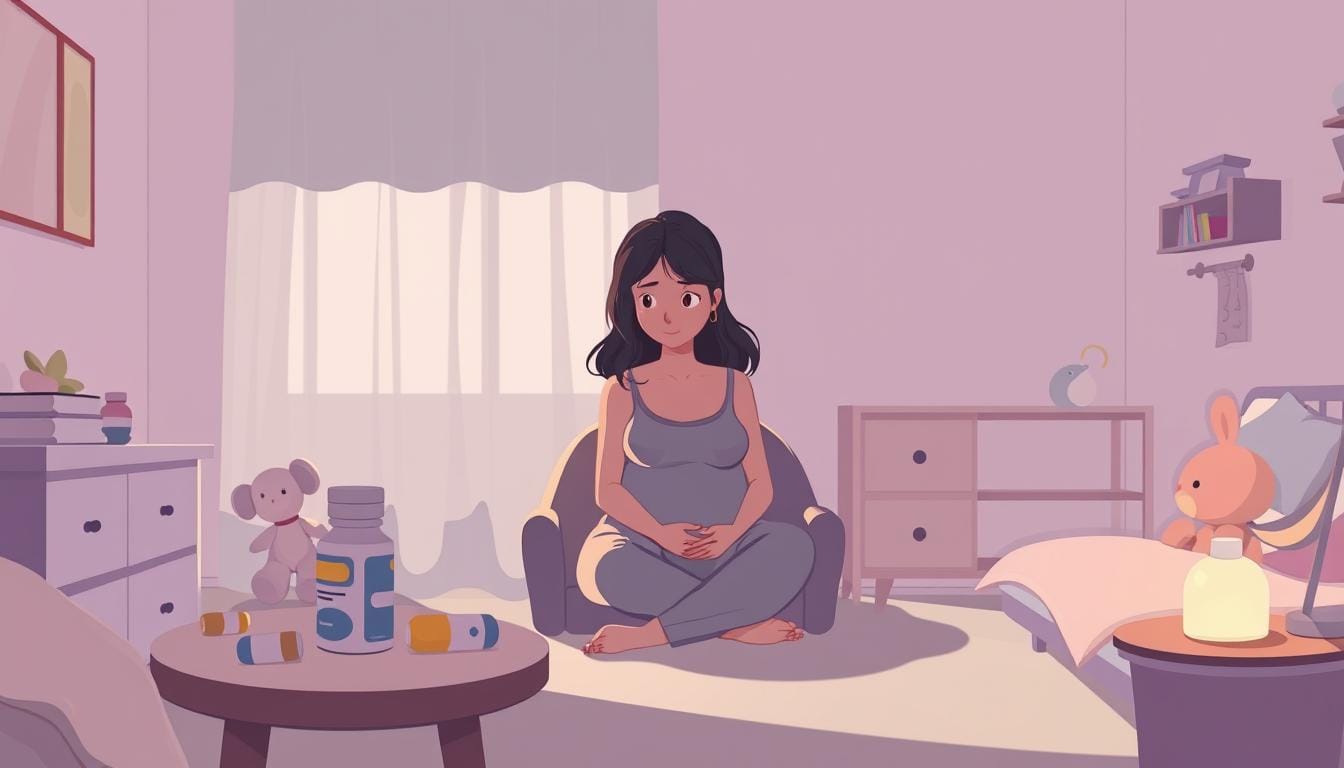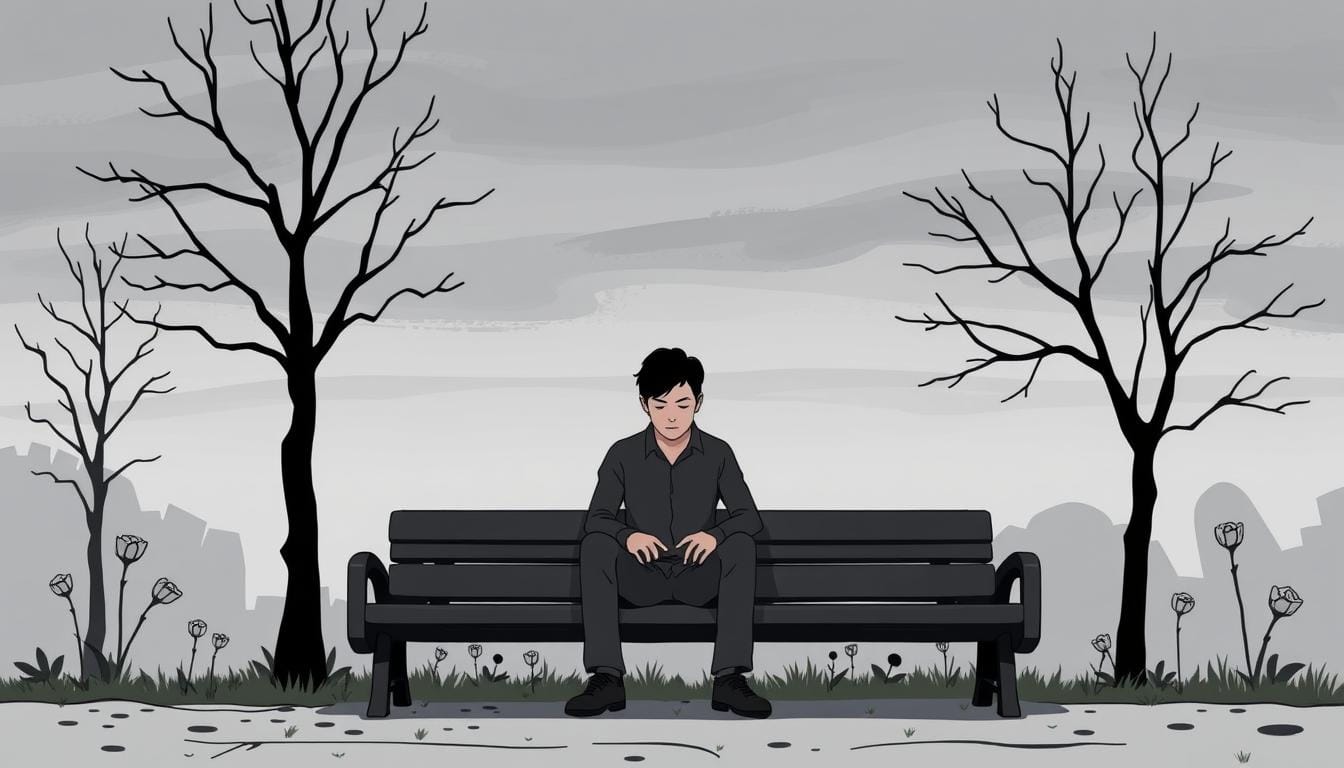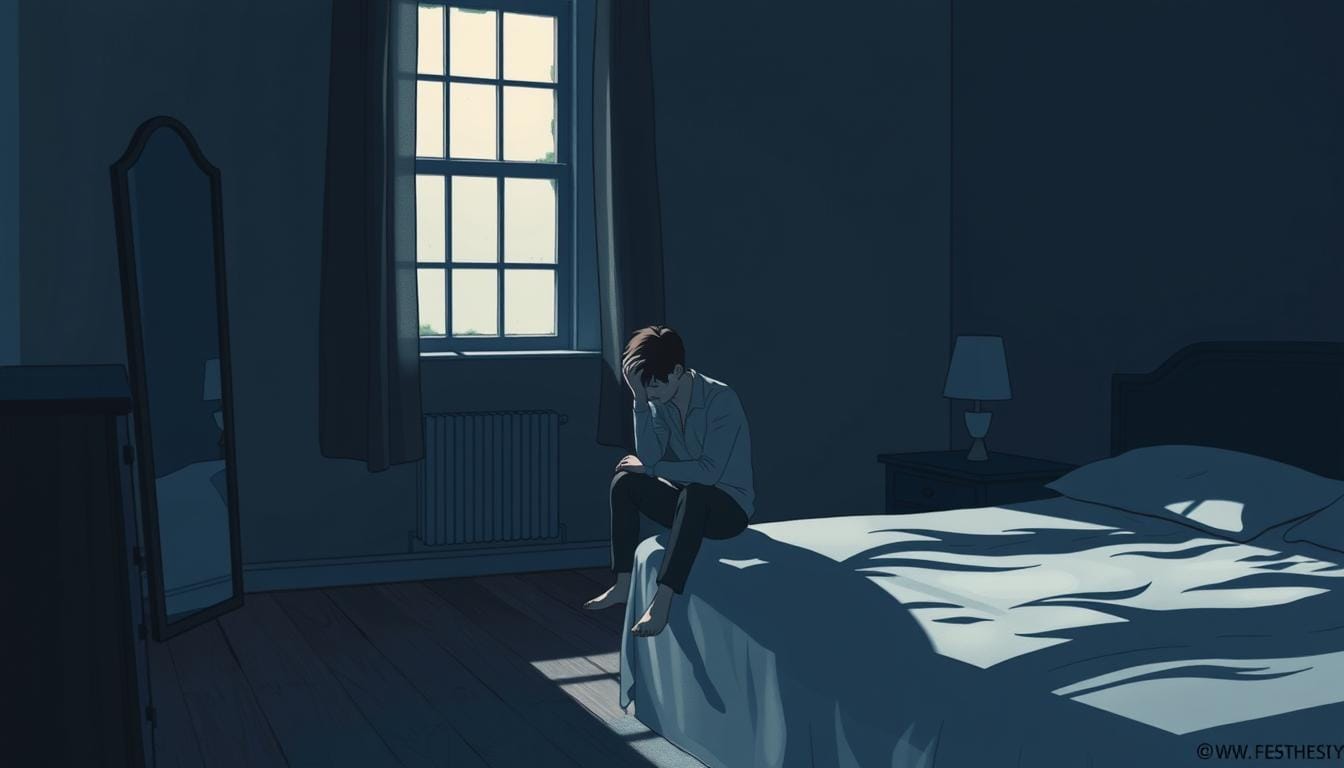Depression is a silent battle that millions of people around the world face every day. It’s not just feeling sad; it’s a profound sense of hopelessness and despair that can take a toll on every aspect of your life. But there’s hope! Depression is a treatable condition; with the right strategies, you can return to a happier and healthier life. In this blog, we’ll explore the treatment options for depression, offering guidance to those struggling.
Before reading the blog, consult your health specialist about your symptoms. Make sure you have the diagnosis right, and then proceed with treatment of depression in a supervised manner.
Table of Contents
ToggleDoes everyone with depression need Treatment of Depression?
If an individual experiences mild symptoms of depression and their daily activities remain largely unaffected, medication may not be necessary. The decision to use medication is highly subjective and depends on various factors related to the treatment of depression. It’s important for the individual to be aware of their condition and open to trying medications if needed. However, if a healthcare professional recommends starting medication due to the potential risk of progression, their advice should be carefully considered and respected.
Regardless of whether medication is used, it is crucial to have a strong support system. This support network might include family, friends, other patients, or individuals who have dealt with depression themselves. Engaging in social interaction and communication can be invaluable in managing depressive states and can even be lifesaving. For those also dealing with anxiety and depression, a support system becomes even more essential.
For more information on mental health topics, you can explore resources on Anxiety and Depression Symptoms, What Is Teenage Depression, and Tips to Cope with Anxiety. Additionally, understanding the effects of anxiety on the brain and exploring natural remedies for anxiety can offer further insights and coping strategies.
How long will the treatment of depression last?
The treatment of depression is a ubiquitous question. Treatment of depression duration depends on how long the symptoms have been present and how an individual responds to the treatment.
We often look at activities of daily living and productivity to determine the duration of therapy. If the individual can cope with his job, life stresses, and personal relationships, it is time to withdraw the medications.
It is helpful to patients if they engage in a hobby or work that may be meaningful to others. Activities like planting trees, making pottery, painting, teaching, etc. These activities provide a sense of purpose and even motivation without the pressure of performance. Doing service to others, helping, or volunteering is also beneficial.
What are the various medication options for the treatment of depression?
Now, the Treatment of depression is a vast field. There is a plethora of options available with different benefits and risk profiles. Antidepressants are classified into drugs such as serotonin modulators and uptake inhibitors, benzodiazepines, tricyclic compounds, etc. All of them work on neurotransmitter levels or receptors in the brain. They increase the production of transmitters like serotonin and epinephrine or prevent their degradation and, in some cases, make the receptors more sensitive to the neurotransmitters.
We have to pay attention to the patient before the drugs are chosen. Not every drug is made for everyone. Some drugs are more potent than others, while some can be more addictive. Drugs should be selected considering the individual’s daily lifestyle and their needs and requirements. Before starting the therapy, the patient should be counselled about all the side effects and future expectations. The patients should also be patient with the treatment, as sometimes choosing the proper drug means trying various options before the right fit is found.
What are the options available apart from medication in the treatment of depression?
Physiotherapy is a popular option for the Treatment of Depression. Cognitive behavioural therapy, which aims at changing the individual’s perspective toward life events, is beneficial in tackling depression.
- Cognitive therapy:
Cognitive therapy is based on the idea that problems are often caused less by things and situations than by the importance people attach to them. They were so; changing how people see things can be essential.
- Behavioural therapy:
Behavioural therapy assumes that behaviour is learned and can also be unlearned. Behavioural therapy aims to identify destructive patterns of behaviour and then work at and change them.
What are the lifestyle changes in the treatment of depression?
- Regular exercise:
Exercise by itself is an antidepressant. The release of endorphins while exercising helps fight depression. Other techniques that can be employed to manage depression are progressive muscle relaxation, autogenic training, music therapy and yoga. But they aren’t as effective as other treatments, such as cognitive behavioural therapy. Psychotherapists sometimes teach relaxation techniques as part of therapy.
- Light therapy:
Light therapy is beneficial for some patients suffering from seasonal affective disorder. They tend to feel low during the darker months of the year. Treatment with artificial light is an option if the lack of natural bright daylight affects their mood. Light therapy involves sitting in front of a special bright light (a light therapy device) for about half an hour every morning.
- Healthy eating:
Nutrient-rich foods can positively affect your mood. Aim for a balanced diet, including fruits, vegetables, and whole grains.
Adequate sleep: A lack of sleep can worsen depression symptoms. Establish a regular sleep schedule and create a comfortable sleep environment.
- Reduce stress:
Practice stress-reduction techniques such as deep breathing, meditation, or mindfulness to manage the daily pressures that can contribute to depression.
What more can be done to deal with depression?
- Socialize:
It is not on your mobile but with real people. Form a social support group with family and friends. Do not close doors on people who care for you. Although they may seem intrusive and overbearing at times, they think the best for you.
- Invest in self-care:
It’s a vital part of depression treatment. Prioritize self-care activities that make you feel good, whether reading a book, taking a bath, or pursuing a hobby. These small moments of pleasure can counterbalance the weight of depression.
Change the way you look at life and appreciate small things. Break your goals into manageable steps, and celebrate your achievements, no matter how minor they may seem. This approach can help you regain a sense of control in your life.
References:
- InformedHealth.org
- https://www.ncbi.nlm.nih.gov/books/NBK279282/
- Cologne, Germany: Institute for Quality and Efficiency in Health Care (IQWiG); 2006-.

This article is medically reviewed by Dr. Chandril Chugh, Board-Certified Neurologist, providing expert insights and reliable health information.
→ Book a consultation to discover which remedies suit your needs best.
About Author | Instagram | YouTube | Linkedin






